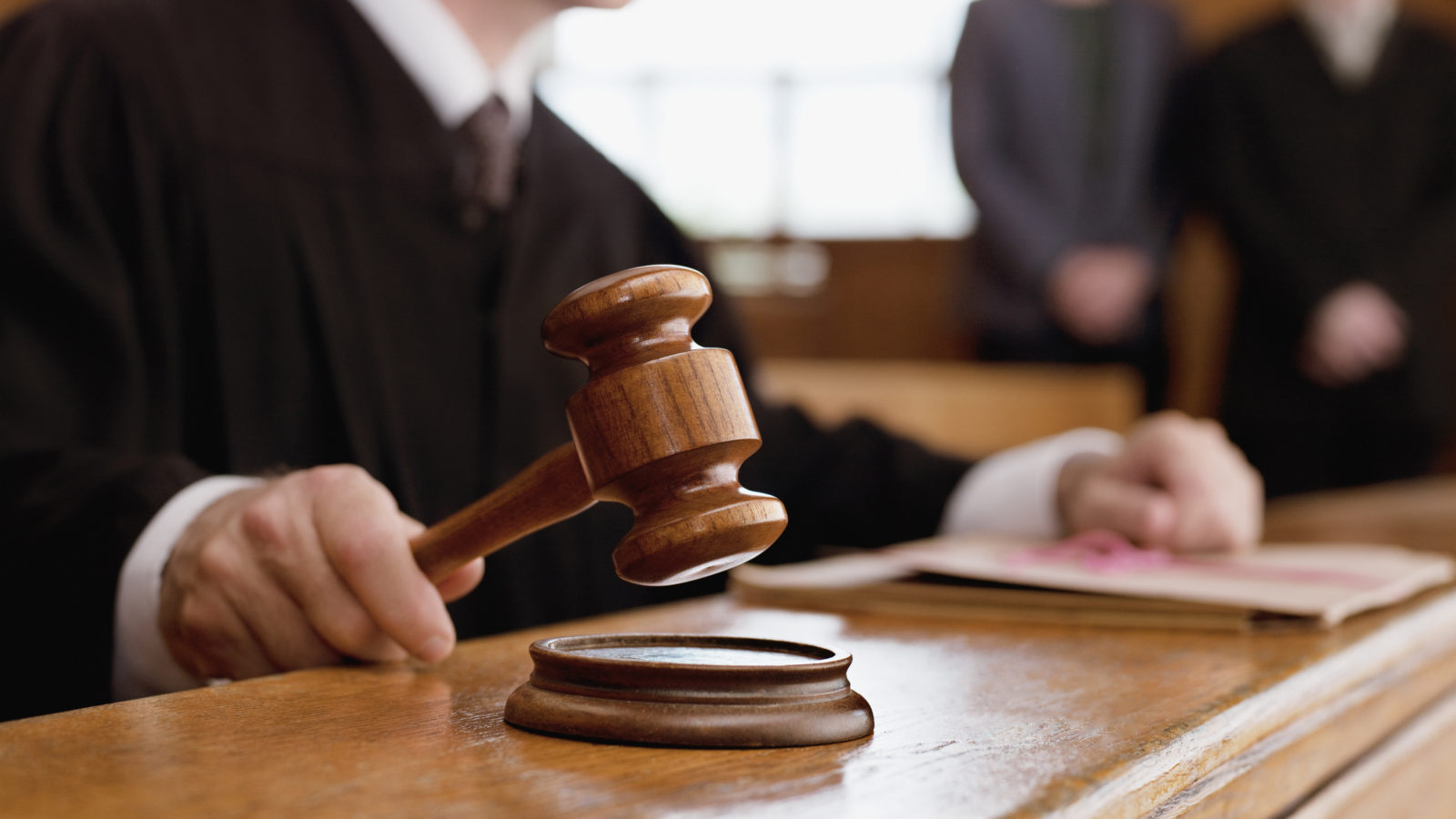
Legal trials can be both intriguing and complex. Ever wondered what goes on behind those courtroom doors? From the roles of judges and juries to the dramatic moments that can change the course of a case, trials are filled with fascinating elements. Did you know that in some countries, trials can be televised for the public to watch? Or that the right to a fair trial is a fundamental human right? Understanding legal trials can help demystify the justice system and make it more accessible. Whether you're a budding lawyer or just curious, these 22 facts will give you a deeper insight into the world of legal trials.
Key Takeaways:
- Legal trials have a rich history, from ancient Greece to modern courtrooms. They ensure fairness and justice, with judges, juries, and technology playing crucial roles.
- Famous trials, like Socrates' and the Salem witch trials, have shaped legal principles. Technology has also transformed trials, allowing for remote testimonies and digital evidence displays.
Legal Trials: A Glimpse into the Courtroom
Legal trials have fascinated people for centuries. From ancient times to modern-day courtrooms, the process of seeking justice has evolved significantly. Here are some intriguing facts about legal trials that might surprise you.
-
The word "trial" comes from the Old French word "trier," meaning to sift or separate.
-
Ancient Greece had one of the earliest known legal systems, where citizens could bring cases before a jury of their peers.
-
In medieval England, trial by ordeal was a common practice. Accused individuals underwent dangerous tests, like holding hot iron, to prove their innocence.
-
The right to a fair trial is a fundamental human right, enshrined in documents like the Universal Declaration of Human Rights.
The Role of Judges and Juries
Judges and juries play crucial roles in the legal system. Their responsibilities and powers vary depending on the jurisdiction and type of trial.
-
Judges are responsible for ensuring trials are conducted fairly and according to the law.
-
In the United States, juries are typically composed of 12 members, though some cases may have fewer jurors.
-
Jury duty is a civic responsibility, and citizens are randomly selected to serve.
-
In some countries, like Japan, a mixed panel of judges and lay judges (citizens) decide cases together.
Famous Trials in History
Certain trials have left a lasting impact on society and the legal system. These landmark cases often highlight significant legal principles or societal issues.
-
The trial of Socrates in 399 BC is one of the earliest recorded trials, where the philosopher was sentenced to death for corrupting the youth of Athens.
-
The Salem witch trials of 1692 saw the execution of 20 people accused of witchcraft in colonial Massachusetts.
-
The Nuremberg Trials after World War II prosecuted major Nazi war criminals, establishing important precedents for international law.
-
The trial of O.J. Simpson in 1995 captivated the world and raised questions about race, celebrity, and the justice system.
Modern Legal Procedures
Today's legal trials follow structured procedures to ensure fairness and justice. These processes have been refined over centuries.
-
Pre-trial motions can determine what evidence is admissible in court.
-
During voir dire, attorneys question potential jurors to ensure an impartial jury.
-
Opening statements provide an overview of the case from both the prosecution and defense.
-
Witnesses testify under oath, and their credibility can be challenged through cross-examination.
Technology in the Courtroom
Technology has transformed many aspects of legal trials, from evidence presentation to remote testimonies.
-
Courtrooms now use digital evidence displays to present documents, photos, and videos.
-
Video conferencing allows witnesses to testify remotely, especially during the COVID-19 pandemic.
-
Some jurisdictions use electronic filing systems for legal documents, streamlining the process.
-
Artificial intelligence is being explored for tasks like legal research and predicting case outcomes.
The Verdict and Beyond
The conclusion of a trial doesn't always mean the end of the legal process. Appeals and post-trial motions can extend the journey for justice.
-
A verdict can be "guilty," "not guilty," or in some cases, "no contest."
-
Defendants have the right to appeal a conviction if they believe there was a legal error during the trial.
The Final Verdict
Legal trials are fascinating. From jury selection to verdict delivery, each step holds its own intrigue. Knowing that trial by combat once existed or that courtroom sketches are still used today adds depth to our understanding. These facts remind us how the legal system has evolved over centuries. They also highlight the importance of fair trials and justice in society. Whether you're a law student, a history buff, or just curious, these tidbits offer a glimpse into the complexities of the courtroom. Next time you watch a legal drama or hear about a high-profile case, you'll have a richer perspective. Keep exploring, keep questioning, and who knows? You might find yourself even more captivated by the world of law.
Frequently Asked Questions
Was this page helpful?
Our commitment to delivering trustworthy and engaging content is at the heart of what we do. Each fact on our site is contributed by real users like you, bringing a wealth of diverse insights and information. To ensure the highest standards of accuracy and reliability, our dedicated editors meticulously review each submission. This process guarantees that the facts we share are not only fascinating but also credible. Trust in our commitment to quality and authenticity as you explore and learn with us.
